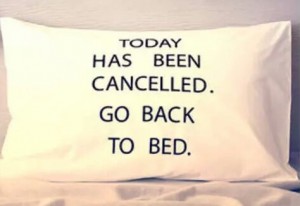
Bipolar disorder may be a mysterious mental illness, but it isn’t shy. WebMD.com states that 5.7 million American adults are affected by this mental illness a year. Celebrities like Catherine Zeta-Jones and Demi Lovato have openly discussed both their struggle and the help they received for their bipolar disorder. Other celebrities like Kurt Cobain and Virginia Wolf suffered in silence until they committed suicide.
Bipolar disorder, also known as manic depression, is a mental illness associated with extreme mood swings. The emotional ups and downs of a bipolar episode are very harsh in comparison to normal feelings of happiness or sadness. A bipolar person will experience euphoric highs and devastating lows; these can last weeks or for years.
To learn about the several types of Bipolar Disorder, click here.
Treatment for bipolar disorder varies from person to person. Most people fighting their mental illness use a combination of prescribed medication and counseling to help level out their moods. Patients who adhere to their prescribed medication, but are interested in a different form of counseling, will find hypnotherapy as a great substitute. Hypnosis puts the body and mind in a state of relaxation that will aid in controlling the mood swings that come and go. This state creates stability for thoughts and feeling and helps to make the “ups” and “downs” of bipolar disorder less pronounced.
If you’ve been diagnosed with any form of manic depression, hypnotherapy can help. Suggestions planted while in a hypnotic trance will keep your mind from venturing into extreme emotions. Your mood swings do not have to dictate your life. With hypnosis you can live a happy, healthy, and successful life.


